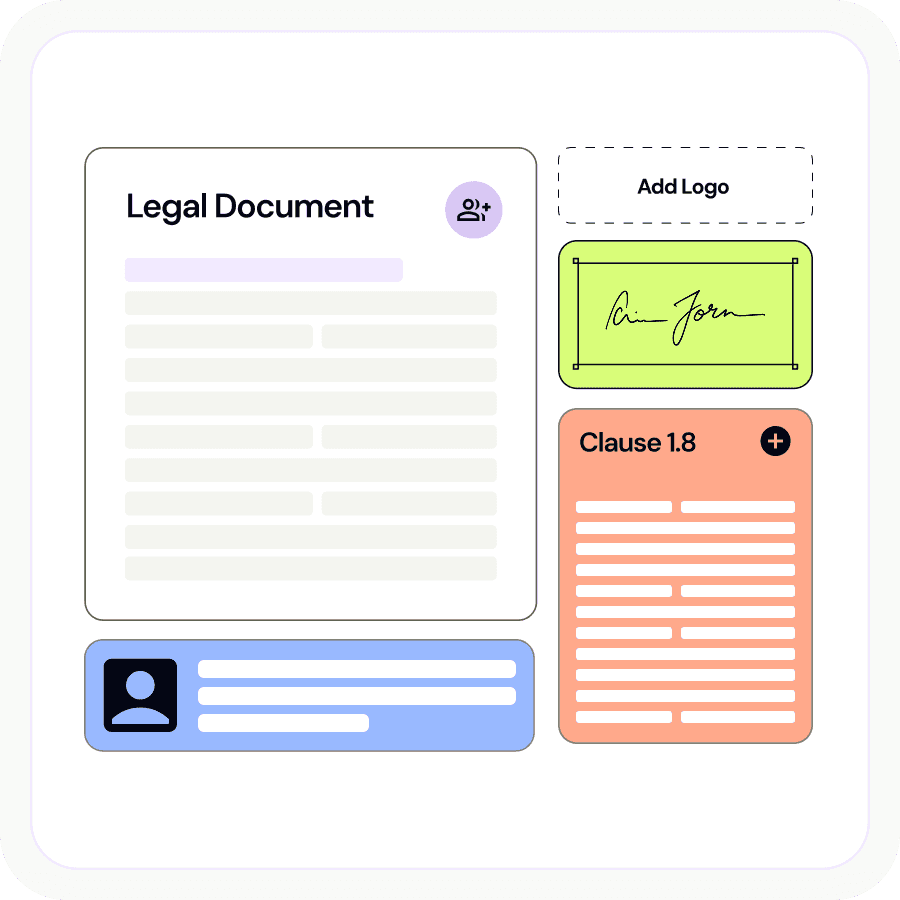A critical step in setting up your company is allocating and managing shares. Shares allocate ownership in your company to different shareholders (also called members) and in different amounts. Moreover, they can also give members certain rights within your company, such as voting and making important company decisions. This is why it’s important to understand the different share types that are available.
Depending on the company structure of your business, you can offer a variety of shares types. Two of these include beneficially held and non-beneficially held. In this article, we’ll discuss non-beneficially shares and how they can help you structure your business
Article Summary
As outlined above, beneficially held and non-beneficially held shares are just two types of a myriad of shares issued in a company setting. The main point of differentiation comes from whether or not the entity holding the shares directly benefits from them.
- Non-Beneficially Held Shares: shares are held with no direct benefit to the entity bestowed with them. Commonly issued to a trustee for a person or company to legally own a person’s shares.
- Beneficially Held Shares: shares are held with direct benefit to the entity bestowed with them.
Beneficial status
A shareholder’s beneficial status denotes whether a shareholder receives a direct benefit from the shares. If they do, then the shares are beneficially held and if not, then the shares are non-beneficially held. You can change the beneficial status of these shares online through ASIC. On the contrary, you must ensure that you notify ASIC within 28 days to avoid any penalties.
Non-Beneficially Held Shares
‘Non-beneficially held shares’ are a type of share. A trustee holds these for another entity, such as a person or company. This means that they do not hold the shares or benefit from it themselves. This means they won’t receive any direct benefits from the shares. For example, a trust cannot own company shares. A trustee may be listed as the legal owner and hold shares on behalf of the trust to combat this.
Beneficially-held shares
Alternatively, beneficially held shares directly benefit the person who holds them. For example, if you’re a sole shareholder, you will receive all dividends. You benefit directly from your ownership of those shares. Therefore, ‘beneficially held shares benefit you’ whereas ‘non-beneficially held shares benefit someone else’.
Example
The Y Trust has acquired a 27% stake in Company X. This equates to roughly 27,000 shares. When it comes to share allocation, the trustee of the Y Trust becomes the shareholder, holding them non-beneficially.
ASIC and Non-Beneficially Held Shares
Once you have registered your company, you can allocate shares online. At this point, you may also want to create a shareholders agreement. If the shares aren’t held beneficially, they will be listed as ‘No’ on ASIC Connect. ASIC will not inquire into the trust. Therefore, this is a useful way to hold shares in a company anonymously. However, if they are held beneficially, they will be listed as ‘Beneficially Held – Yes’.
Conclusion
If you wish to make an application for additional shares you can use the customisable and ready to use application for shares. ASIC requires companies to record the shares they issue on a register and, thus, you must also update ASIC on the status of these shares. Non-beneficially held shares can be a great way to structure ownership of your company, but it’s important to know if it’s the right share structure for you. If you’re unsure as to what share structure is right for you, it may be worth contacting a business lawyer.







